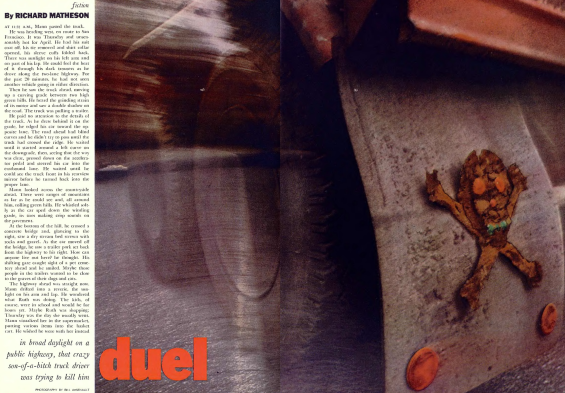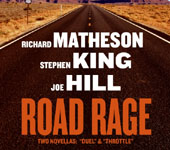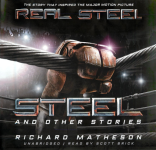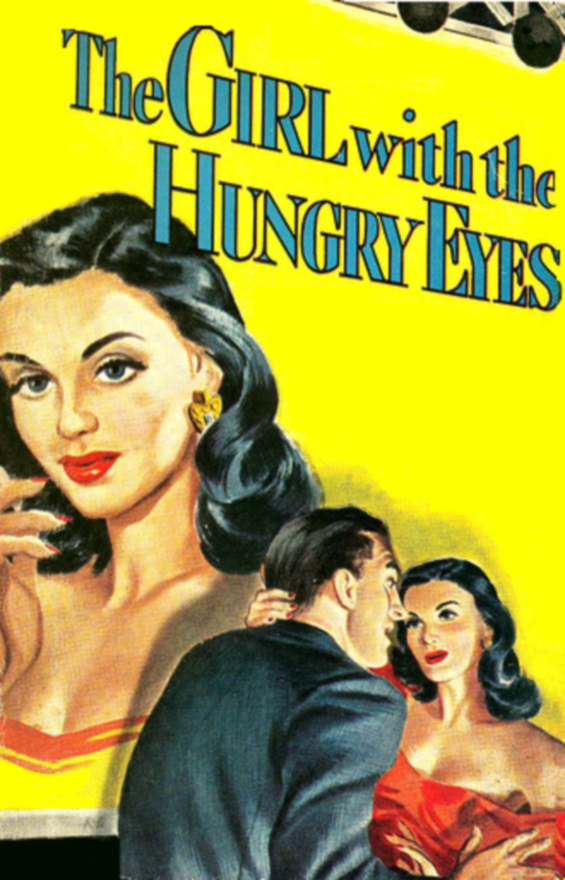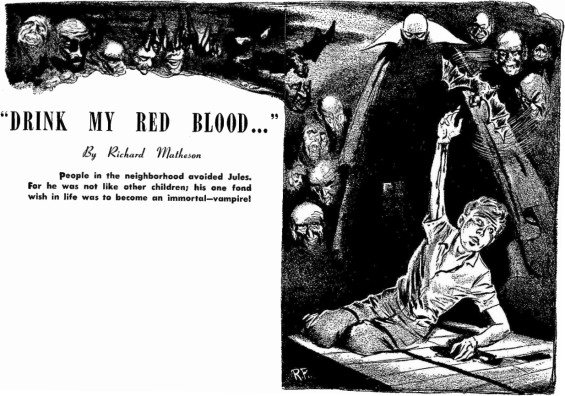
 The SFFaudio Podcast #201 – The Inn (aka Ulrich The Guide) by Guy de Maupassant, read by Mirko Stauch. This is a complete and unabridged reading of the short story (34 minutes) followed by a discussion of it. Participants in the discussion include Jesse and Mirko.
The SFFaudio Podcast #201 – The Inn (aka Ulrich The Guide) by Guy de Maupassant, read by Mirko Stauch. This is a complete and unabridged reading of the short story (34 minutes) followed by a discussion of it. Participants in the discussion include Jesse and Mirko.
Talked about on today’s show:
Where and why, more and more Maupassant, is there a definitive list of Guy de Maupassant SFF stories?, German translations, the BBC audio drama adaptation of The Inn, RadioArchive.cc, a ghost story, the twist in the end or the twist middle, great writing, an ambiguous ghost story, a psychological happening, the dog’s reaction, revenant, “it becomes the monster”, Louise Hauser, is Ulrich dead?, Gaspard, The Others, Maupassant tricks us, “they bury themselves”, Ulrich is punished for no reason, the voice, white noise, Ulrich’s religious beliefs, Cologne on a cold night, the ravens!, the audio drama improves on the short story!, a filling metaphor, “the immense ocean of pale mountain summits”, mainstream, the vertical issue, Wolfgang von Goethe, “only a very stable character”, a proto-cosmic horror, The Festival by H.P. Lovecraft, a Christmas story, describing nature, the second meaning, “arose from the snow itself”, “he’s alone on the Moon”, being alone, cabin fever, we are alone in the cosmos, community allows us to hide from the harsh truth, gambling, “I would have brought a bunch of books”, “illiterate mountain peasants”, a lonely island, did Gaspard fall into a crevasse?, nature is the monster, the unknown is more terrifying, the terror of the soul, undeserved guilt, “eighteen degrees of frost”, “he was of a sleepy nature”, 1886, Guy de Maupassant visited the Alps, riddled with disease, the Inn at Schwarenbach, The Shining by Stephen King, an internal flaw, “he could speak no human words”, Nightflyers by George R.R. Martin, Perry Rhodan, Silent Running, I Am Legend by Richard Matheson, the dog as a symbol, the dog as a companion, the importance of routine for the lonely, the demon of loneliness, “all is busy work before the grave”, Robinson Crusoe by Daniel Defoe, Castaway, The Piece Of String (aka The Piece Of Yarn), “eating a sandwich that you find on the sidewalk”, he dies alone and unloved, “two feets”, every Norman is trapped in disbelief, it could have happened to us!, his hair turned white, Supernatural Horror In Literature by H.P. Lovecraft, “the unseen”, “the outer blackness”, able to appreciate the immensity of reality, Honey Boo Boo, The Horla by Guy de Maupassant, The Call Of Cthulhu, “when I think of H.P. Lovecraft I don’t think of immense tentacles.”

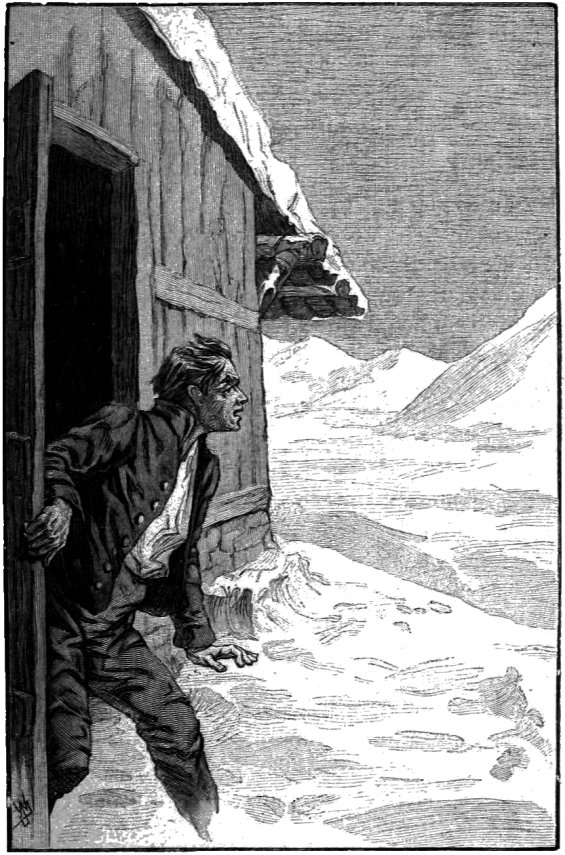
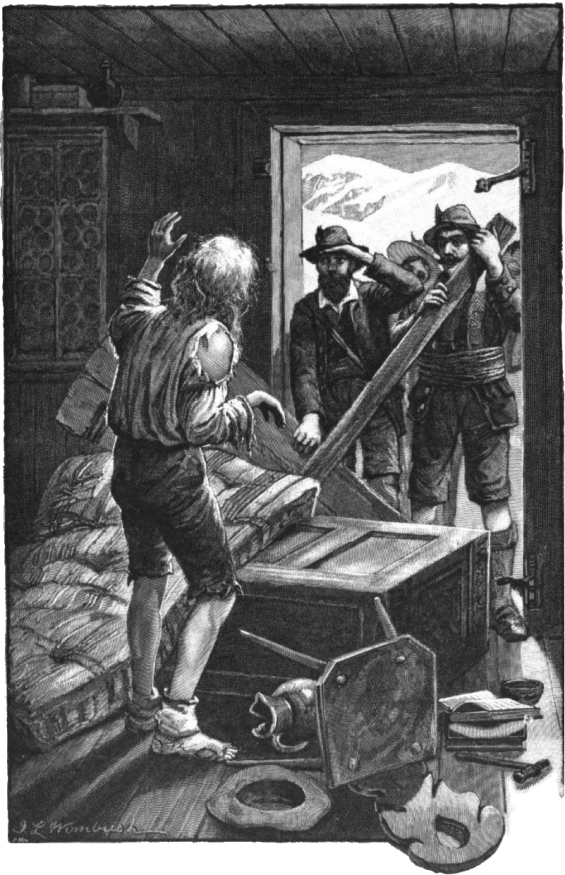
Posted by Jesse Willis

